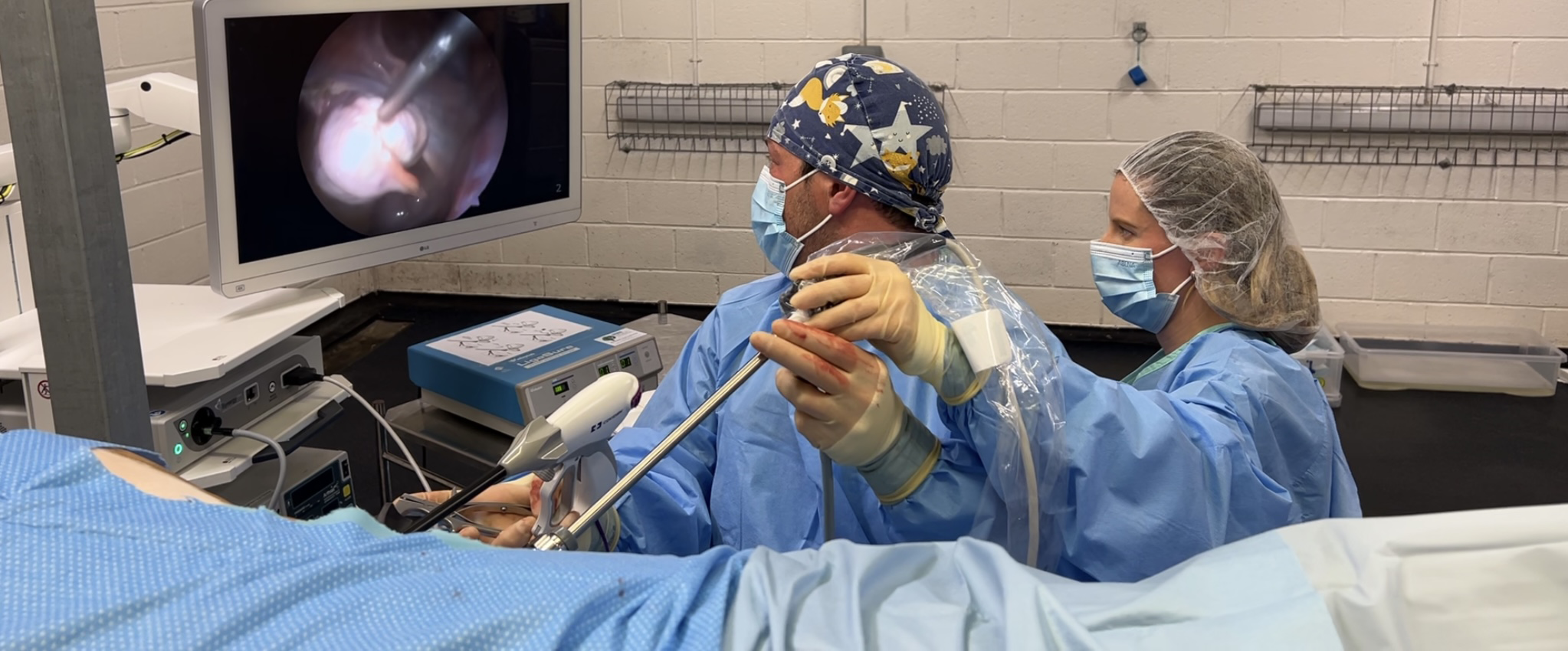Laminitis is a common condition which affects, horses, ponies and donkeys> It is very painful but with appropriate care and management many make a full recovery.
Common myths about laminitis
- Grass causes laminitis
- I can’t do anything about my horse/pony who gets laminitis
- My horse/pony won’t lose weight
- Walking a horse with laminitis will encourage blood supply to the feet
What is laminitis?
Laminitis is inflammation of the laminae – these are supporting structures within the hooves.
Many different factors cause the disease and it is still not fully understood.
Why do horses get laminitis?
It is now recognised that around 90% of cases of laminitis are caused by an underlying hormonal disorder – usually Cushing’s disease(PPID) or (EMS) Equine metabolic syndrome
Grass alone does not cause laminitis – it is an important trigger factor in susceptible horses.
When horses and ponies with an underlying metabolic disorder graze, it can cause an abnormally high level of insulin (a hormone) in the blood stream.
Insulin is a vital hormone affecting glucose in the bloodstream – however high levels of insulin in the blood will cause laminitis in horses or ponies with PPID for EMS.
Very sick (toxic) horses such as those recovering from colic surgery can get laminitis also mare’s who do not pass their afterbirth within six hours are at risk of laminitis.
What do I do if my horse gets laminitis?
- Phone your vet for advice – the sooner it is treated the better the long-term outcome
- hormo
- A deep bed – preferably shavings or sand is ideal
- Laminitis is an extremely painful condition, walking out not only increase the pain but it can cause further problems in an already unstable foot
- Only feed hay at 1.5% bodyweight
- STOP all treats, apples, carrots, polos and molasses licks – they are all full of sugar
- Your vet will advise on what to do and treat your horse accordingly with pain relief and hoof care
- Appropriate early treatment is essential to prevent extensive damage to your horses feet
How can I prevent laminitis?
- Weight management is key to preventing laminitis
- Test for underlying hormonal disorders – simple blood tests are all that are usually needed to test for Cushing’s and Equine Metabolic Syndrome
- Talk to your vet for management ideas tailored to your individual horse
- Discuss feeding advice for horses at risk of laminitis with your vet


